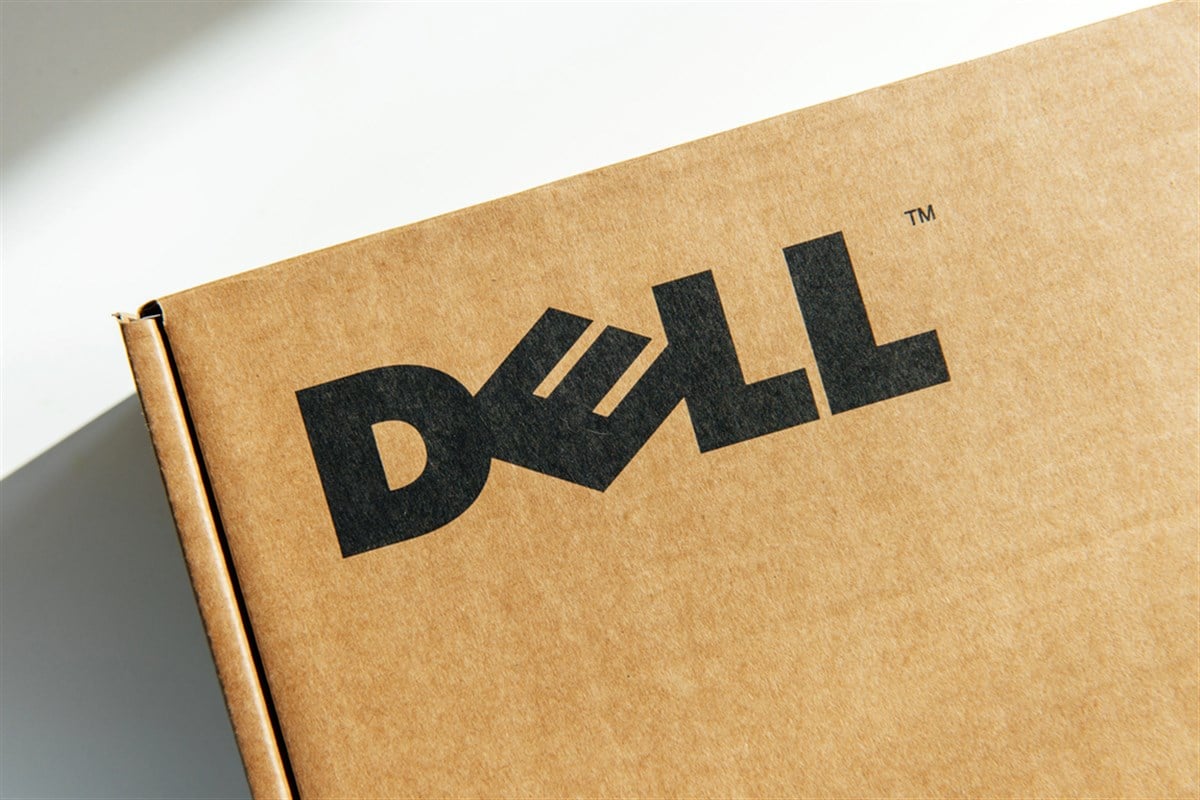After Gold Blast Soars Past $4,000, BofA Eyes $5,000 in 2026

In 2025, gold has felt like one of the most unstoppable assets in financial markets. The yellow metal has been reaching new all-time highs repeatedly. Overall, the price of gold has risen by approximately 57% as of the close of Oct. 13.
This puts gold on track for its best calendar year return since at least 1988. Even the approximately 30% gains seen in 2007 and 2010 are distant seconds to gold’s 2025 explosion.
Now, the metal has blasted past the vaunted $4,000 per ounce mark, trading near $4,100 on Oct. 13. This comes almost exactly seven months after gold hit $3,000 for the first time in March. However, the big question is what comes next. Below, we’ll break down what enabled gold to surpass the $4,000 hump and look at where analysts think gold might go.
Government Shutdown and China Tensions Help Gold Break $4,000
Several factors allowed gold to eclipse $4,000 in October. One clear contributor is the U.S. federal government shutdown, which has been ongoing since the start of the month. It also appears that Democratic and Republican politicians are making little progress on reopening the government.
House Speaker Mike Johnson recently said the United States is "barreling toward one of the longest shutdowns in American history."
The shutdown creates significant economic and societal uncertainty. In this uncertainty, investors often flock to gold due to its place as a “safe haven” asset.
The shutdown has also delayed the release of key economic data on employment and inflation. The Federal Reserve closely examines this data when deciding short-term interest rates. In the absence of this data, markets believe there is a 97% chance that the Fed will issue another 25-basis-point rate cut in October.
This is another positive for gold, as lower interest rates typically lead to weakness in the dollar.
The flare-up in U.S.-China relations is adding more fuel to gold’s rally. China recently announced tighter export restrictions on rare earth metals and magnets, critical resources of which it is the world’s largest supplier.
President Trump then responded by threatening an additional 100% tariff on the country. With tensions rising between the world’s two largest economies, gold is attracting even more demand.
BofA Pivots Gold Outlook, Sees Rally to $5,000 in 2026
As with an asset, opinions differ on what will happen next. Although generally bullish on gold, Bank of America notably raised concerns about the metal’s rally in October. They said multiple technical signals pointed to an “exhaustion” of gold's rally as it approached $4,000 per ounce.
They noted that gold could see a correction in Q4 and said it could fall as low as $3,525. However, BofA also left the door open to a continued rally. Now, it seems that they have changed their tune significantly.
On October 13, BofA raised its 2026 gold price forecast to $5,000. However, it added that there is still a risk of a near-term correction. Specifically, BofA stated that the “White House's unorthodox policy framework” and a push to cut interest rates should support gold.
Analysts at Goldman Sachs have issued a $4,900 target on gold by the end of 2026. This is a substantial increase from their previous target of $4,300. The firm cited potential inflows to Western gold ETFs and further central bank gold purchases as key reasons. French bank Société Générale has also pinned a $5,000 target.
These targets suggest significant upside potential in gold between 20% and 22% versus $4,100.
GLD, GDX, GDXJ: 3 Marquee Gold ETFs
With gold prices surging and analysts projecting further upside, investors have several ways to gain exposure depending on their risk tolerance and return objectives. Whether through direct tracking of the metal or leveraged plays in the mining sector, these ETFs offer tailored access to one of 2025’s top-performing assets.
Direct Gold Exposure: SPDR Gold Shares ETF
The SPDR Gold Shares ETF (NYSEARCA: GLD) is the most popular and liquid ETF for tracking the price of physical gold, offering a straightforward way to gain exposure without dealing with storage.
GLD is backed by physical bullion and mirrors spot price movements, making it ideal for investors seeking a low-cost, safe-haven asset.
With more than $60 billion in assets under management, GLD serves as a core holding for both retail and institutional investors, especially during inflationary periods or macro uncertainty.
In 2025, as gold surged to record highs above $4,100 per ounce, GLD returned more than 55% year-to-date, closely tracking the metal’s explosive performance.
Leveraged Upside: VanEck Gold Miners ETF
For those looking to benefit not just from gold prices but also from the profitability of gold producers, the VanEck Gold Miners ETF (NYSEARCA: GDX) offers a more leveraged approach.
GDX holds roughly 50 large-cap gold mining companies like Newmont (NYSE: NEM), Barrick (NYSE: B), and Agnico Eagle (NYSE: AEM)—firms with global operations and substantial production scale.
These companies typically see strong earnings expansion when gold prices rise, giving GDX the potential to outperform GLD during sustained rallies.
In 2025, GDX has returned about 134%, compared to gold’s own 57% price gain.
High-Risk, High-Reward: VanEck Junior Gold Miners ETF
For even higher potential returns—with added volatility—investors can consider the VanEck Junior Gold Miners ETF (NYSEARCA: GDXJ).
This fund focuses on smaller, more speculative gold miners, including junior exploration companies and early-stage producers.
Because these companies are more sensitive to gold prices and investor sentiment, GDXJ tends to see amplified performance during bull markets, and 2025 was no exception: it delivered a 146% return.
However, that upside comes with greater risk, especially in the event of price pullbacks or funding constraints.
Another important but often overlooked factor in mining ETF performance is the impact of oil prices. Energy costs—especially diesel and fuel used in mining and transport—are a major part of operational expenses for gold producers.
In 2025, with West Texas Intermediate crude down around 17%, miners saw cost relief that helped boost profit margins across the board, contributing to the outperformance of GDX and GDXJ relative to gold itself.
Gold Still Has Room to Run: Why the Bull Case Isn’t Over Yet
Gold’s explosive 2025 run shows no signs of fading, with bullish forecasts from major banks and supportive macro conditions continuing to fuel momentum. While near-term volatility is possible, the long-term case remains intact—especially if geopolitical tensions escalate and rate cuts materialize.
For investors looking to participate, ETFs like GLD, GDX, and GDXJ offer distinct ways to gain exposure, whether through direct gold pricing or leveraged miner performance. With upside targets stretching toward $5,000 per ounce, gold remains one of the most compelling trades in the current market.
Learn more about GLD


